Media needs to appreciate all body types
From Victoria’s Secret ads that idealize the skinny body to Dove ads which idolize a fuller figure, women are often bombarded with images of body polarization: a prevalent and harmful issue in society. Even though these companies might be well-intentioned in trying to promote higher self esteem, body appreciation should involve accepting all shapes and sizes, not any “ideal” body that society imposes upon girls.
By focusing on two extremes, body polarization promotes the idea that certain physical characteristics have the ability to constitute a woman’s “realness”. We fail to acknowledge the blatant fact that one’s shape or size does not determine the validity of one’s gender. What determines your gender has nothing to do with your appearance.
The false ideas of what bodies “should be” are also important when it comes to the real-life issue of eating disorders. No one would ever comment on an overweight person’s build, yet thin people are often compared to sticks, called anorexic, and are assumed to lead an effortless life. And worse yet, this is said to their face and meant to be taken as a compliment. It doesn’t take a genius to know that comparing someone’s body to inanimate objects, denoting them with a serious, clinical disease, and making false presumptions about their life is offensive and unacceptable.
Categorizing women based on their body type is wrong and encourages the misinterpretation of beauty. Media generally exploits the thinner figure as the most beautiful. Now, it is very mistaken to promote this specific type of body as the most desirable. It is also wrong to focus on a fuller figure being the most desirable or “realistic” because everyone has their own reality and many of them don’t fit these misinterpretations.
Contrary to what we’ve been indoctrinated to believe, there is not a concrete definition of beauty. It is counter productive to believe that this is the case because it’s imperative that we learn to appreciate all bodies as they are if we desire an accepting society.
These advertisements that supposedly argue to support “body appreciation” are purely corrupt in the marketing strategy. This puts women at the mercy of society’s wrong perception of beauty.
It may seem to be an exausted topic, but it does affect our school in a significant way. Many young women have the wrong idea of the “ideal body,” and this is detrimental to their health. Although the impact of body image only seems to have an affect on certain people, both females and males struggle with this on a regular basis.
Next time a “beauty” advertisement comes up, we should find the willpower to ignore the fallacies and corruptive ideas it advocates. These ideas, although subtle, have seeped into and harmed the lives of not only adolescent girls, but society as a whole.

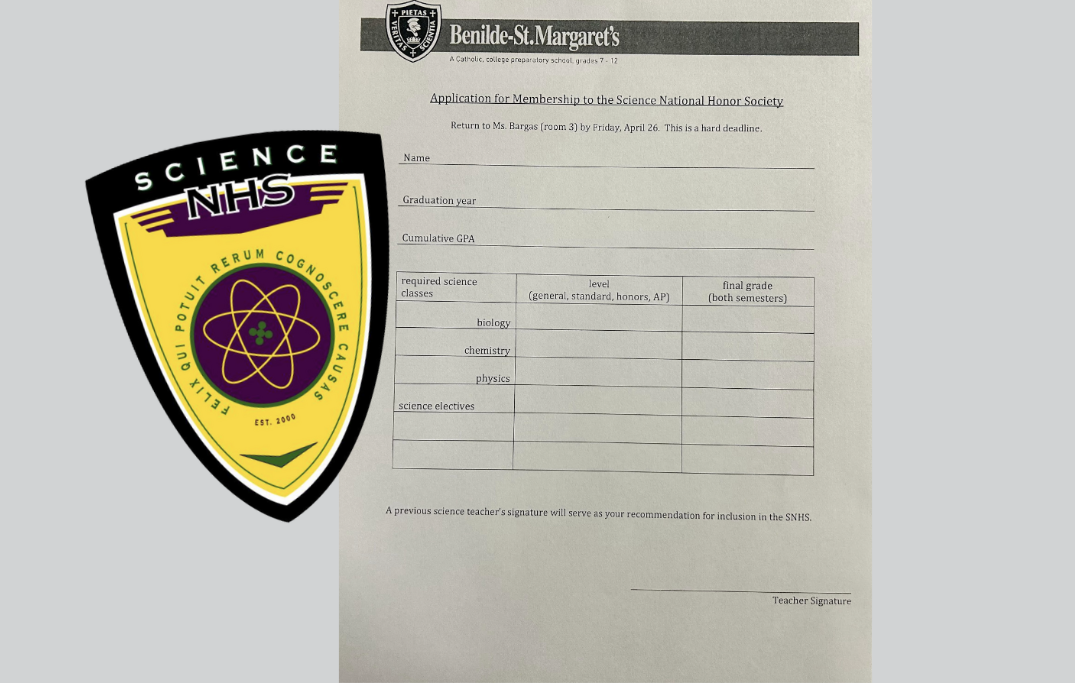




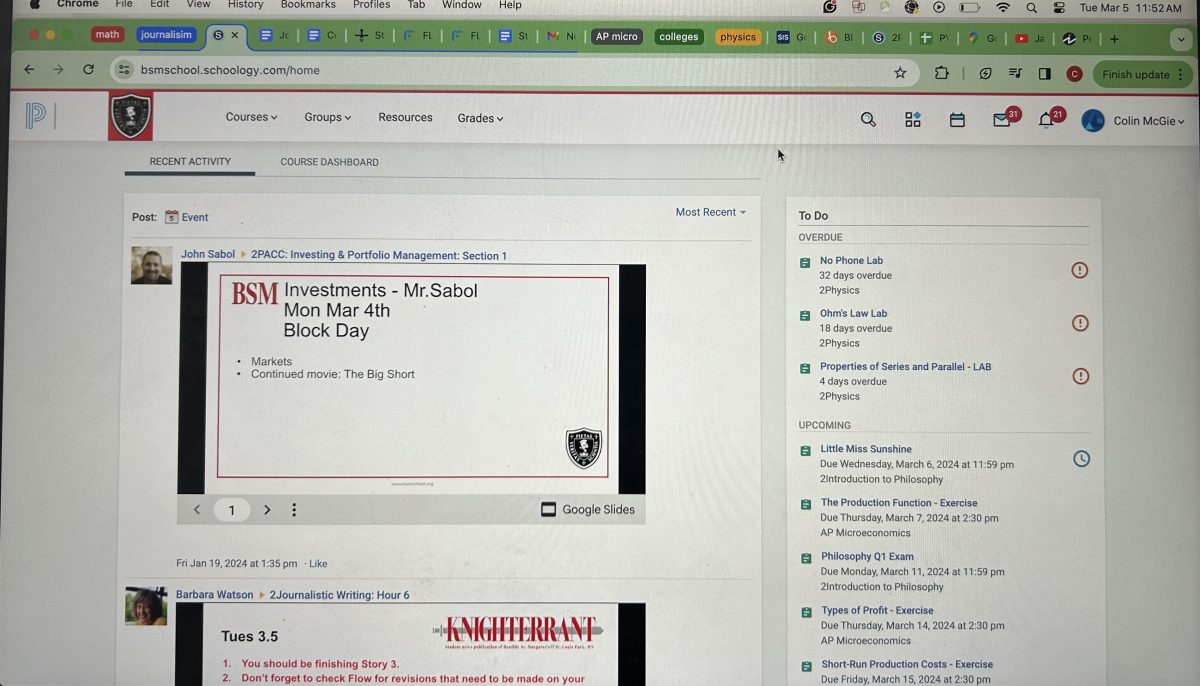

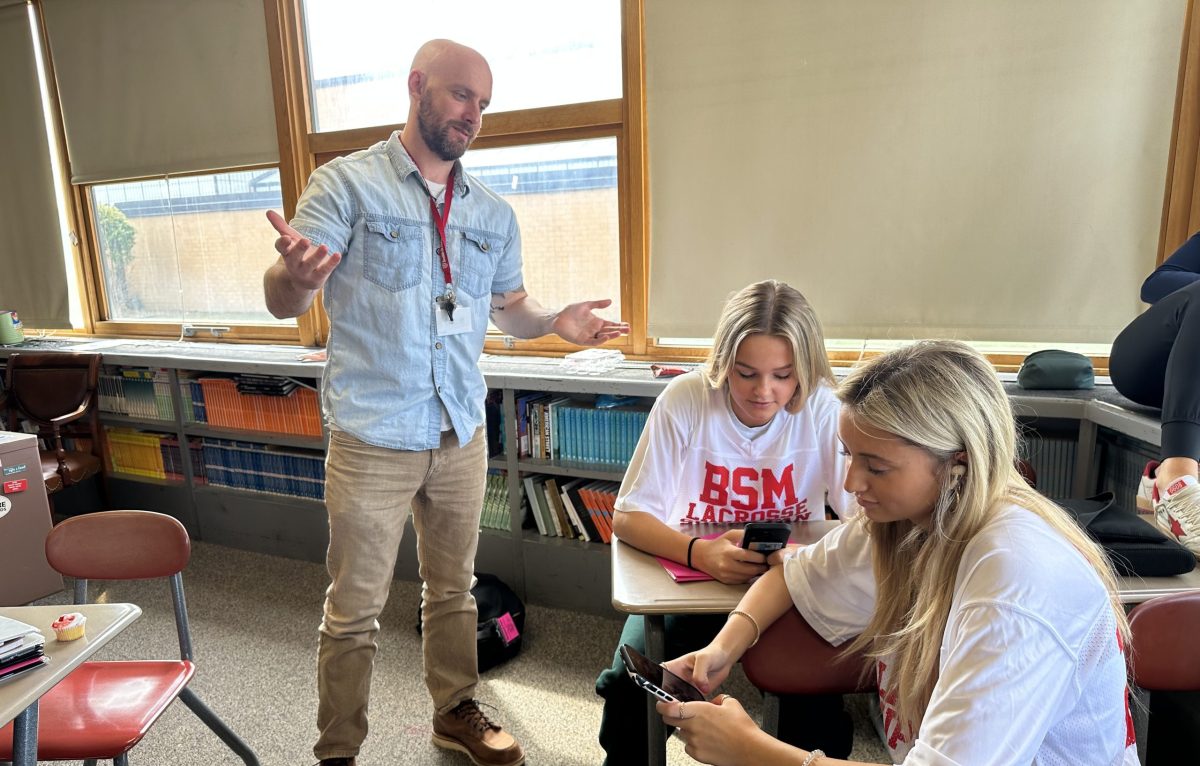










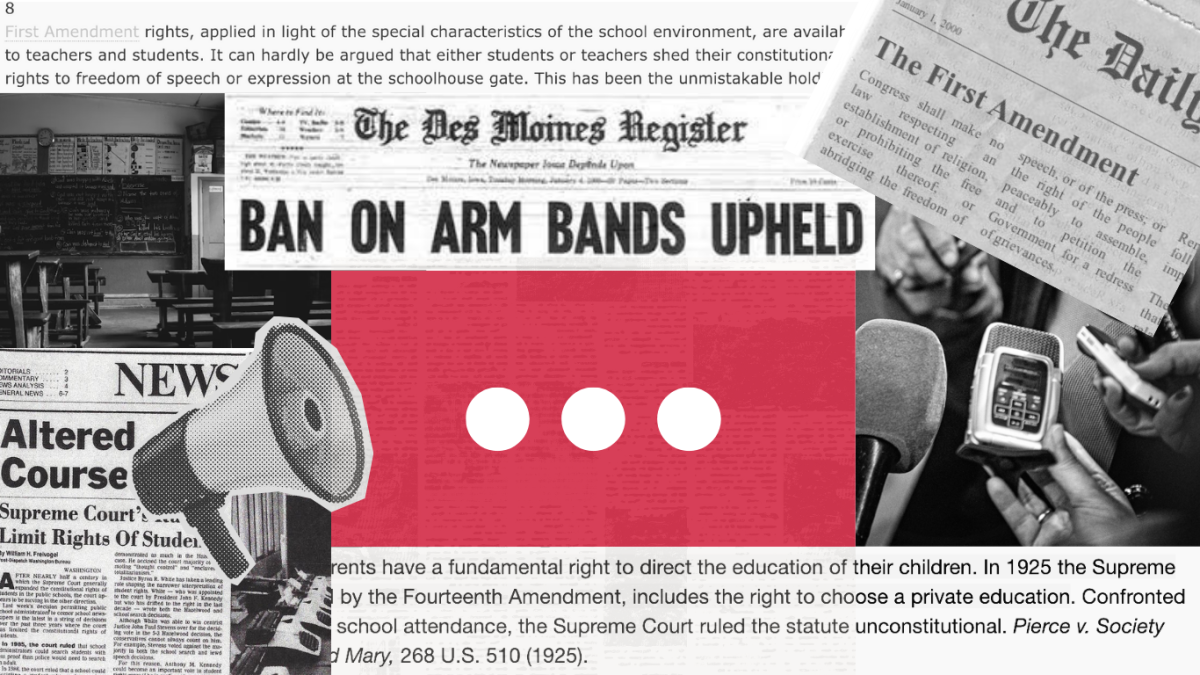



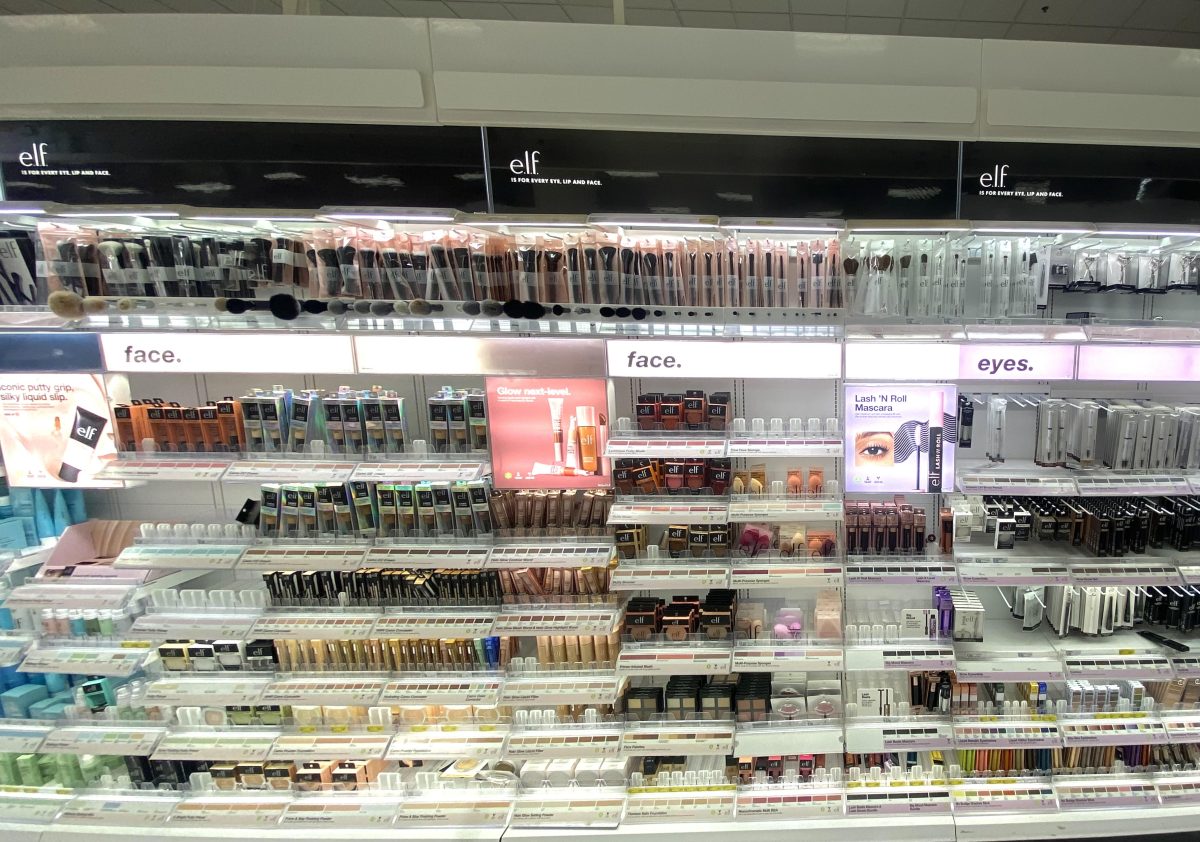
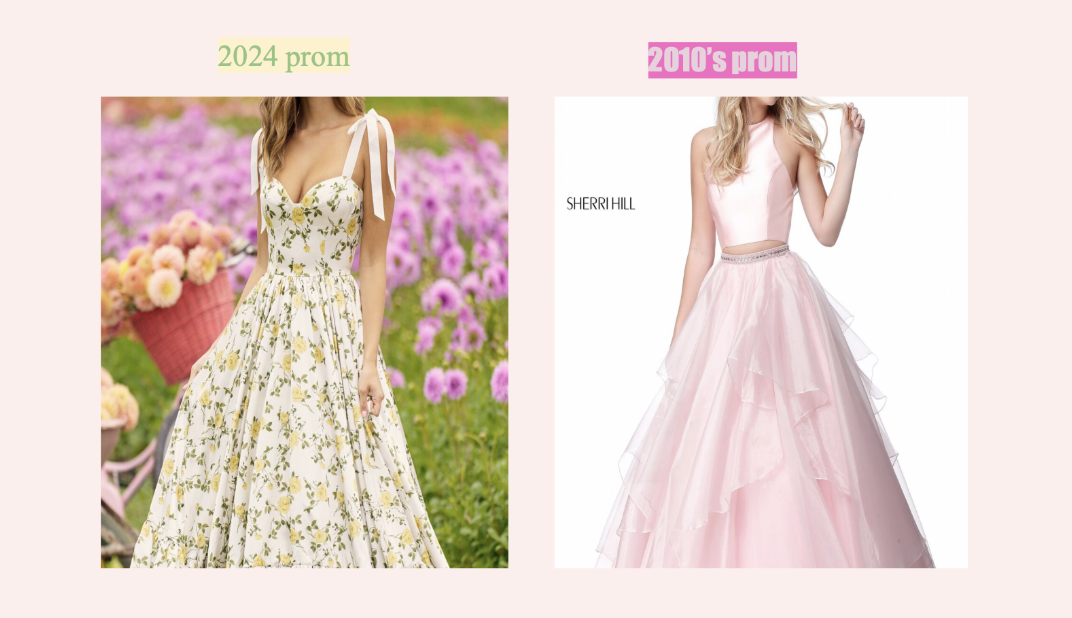














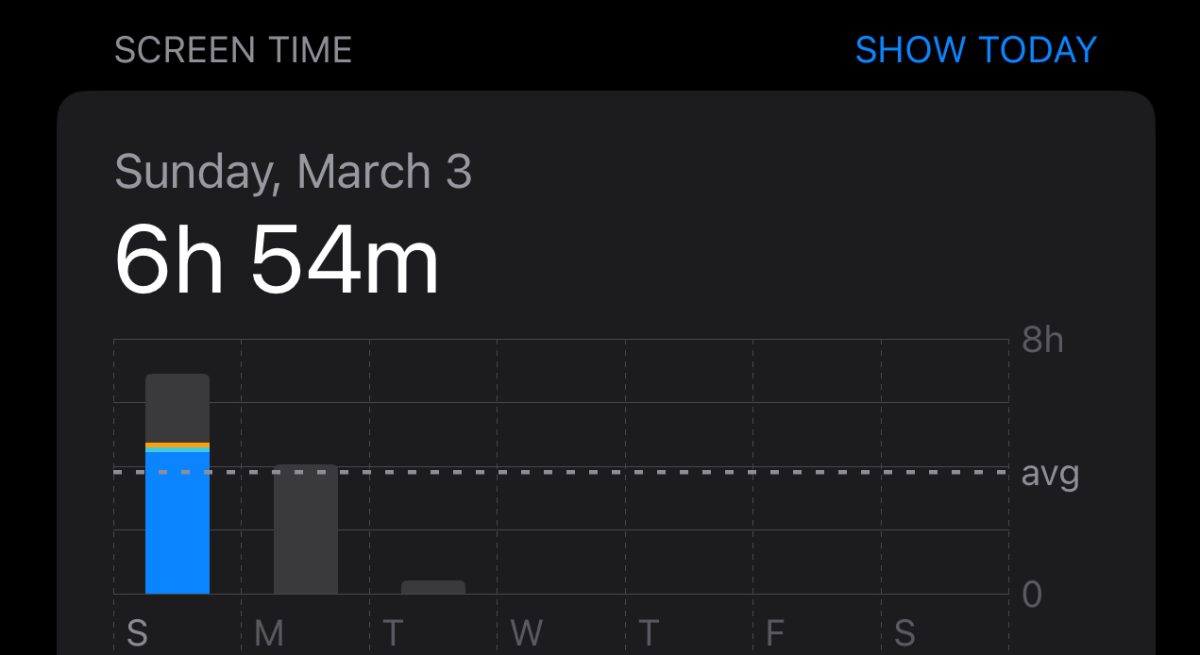



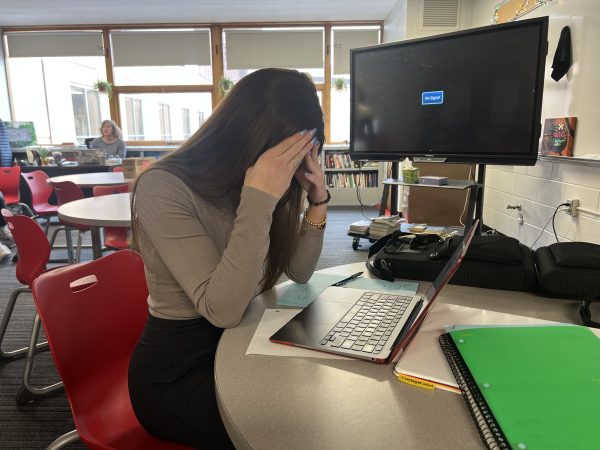

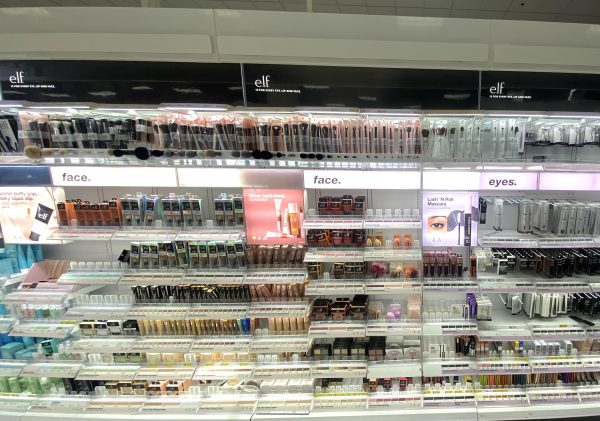
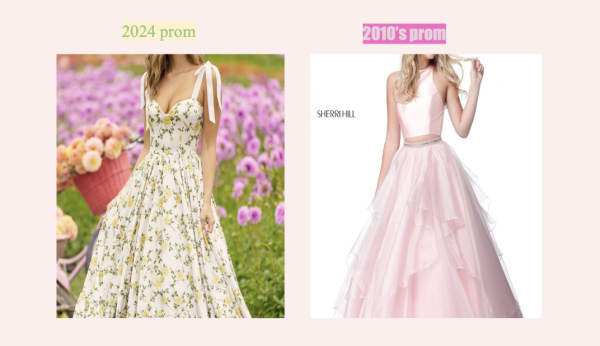


Mick Hawkins • Dec 2, 2013 at 7:49 pm
Very thoughtful article, Mary Kate.
My heart goes out to those who are adversely affected. More burdens then
a person needs in any lifetime.
Thanks for the insights.
M. Hawkins